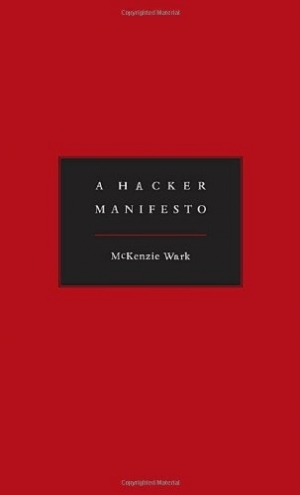Harvard University Press
Tamas Pataki reviews 'Frontiers of Justice: Disability, nationality, species membership' by Martha C. Nussbaum
The concept of justice, like all the fundamental philosophical concepts – meaning, truth and so on – is perplexing. Justice has something to do with the distribution of ‘goods’ or benefits and ‘bads’ or burdens. Retributive justice aims to inflict a just burden – punishment – on the delinquent, or to take something away (‘make the offender pay’). Corrective justice, in the form of tort law, prescribes how victims who have lost goods unfairly should be compensated. Social justice is concerned with the fair or just distribution of social goods within a political dispensation. The definitional circularity here is obvious, and it is not clear that we can escape it.
... (read more)Stuart Macintyre reviews ‘To Exercise Our Talents: The democratization of writing in Britain’ by Christopher Hilliard
Once the prerogative of connoisseurs and bibliographers, the study of the book has become an increasingly popular field of cultural history. Earlier scholarship was concerned with rare and variant editions of canonical texts; recent work is more inclusive, comprehending a wide range of popular and ephemeral literature that extended the reach of print. Attention has turned from production to consumption, tracing the spread of literacy and analysing the changing interests of readers. Hence Martyn Lyons and Lucy Taksa’s Australian Readers Remember (1992) sits alongside a number of similar studies for other countries.
... (read more)Lisa Gorton reviews 'Imagining Australia: Literature and culture in the new new world', edited by Judith Ryan and Chris Wallace-Crabbe
Imagining Australia collects nineteen essays from a 2002 conference on Australian literature and culture at Harvard University. Of course, as the proceedings of a conference, it is on occasion hard work. There is something about conferences – the dedication of their audiences, perhaps, or the vulnerability of their speakers – that encourages a somewhat defensive formality. That said, almost every essay in this collection repays a reader’s investment with interest: in describing the history of Australian literary journals; offering a new direction for Australian pastoral poetry; providing surprising perspectives on popular Australian myths; or looking at how contemporary poets use form.
... (read more)Owen Richardson reviews ‘A Hacker Manifesto’ by McKenzie Wark
McKenzie Wark’s new book consists of 388 numbered paragraphs organised into seventeen ‘chapters’, organised in alphabetic order, from ‘Abstraction’ to ‘Writings’ and going through ‘Class’, ‘Hacking’, ‘Representation’ and the like. Wark is batting for a high score, as the opening sentence, with its breezy allusion to Marx, indicates: ‘A double spooks the world, the double of abstraction.’ One of the things the format of the book suggests – not simply with the numbered paragraphs (which invoke Nietzsche and Wittgenstein as well as Wark’s chosen model, Guy Debord’s The Society of the Spectacle, 1967) but also the whole aphoristic style – is a throwback to those Big Bad Books that were out to blow up or at least transform the world, starting by changing the way we thought about it. In this it has something in common with John Gray’s Straw Dogs: Thoughts on Humans and Other Animals (2003), which seeks to convince us that humanism and anthropocentrism are grand delusions and that there is no way that man can be thought of as master of his fate. Wark isn’t nearly as apocalyptic as this, but he is pretty ambitious all the same. He is trying both to call into existence and to write the blueprint for a new class, the hacker class:
... (read more)Indonesia is a difficult place to write about, because of its inherent complexity and the contested views that surround it. And then there is the sheer time that it takes to get to know the place, or at least to begin to know it, or parts of it. No one book can definitively come to terms with Indonesia’s scattered geography and dozens of cultures, its aliran (streams of influence), religious factions, social strata, degrees of development and competing interests. For these reasons, few authors or even edited collections try their hand at Indonesia as such, usually preferring to focus on an aspect of its vast and fragmentary complexity. This has been particularly so in the post-Suharto period, not least with the plethora of edited volumes that have sought to explain rapidly changing events there.
... (read more)




